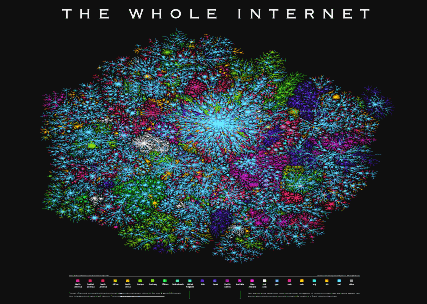Internet Governance in a Year

This year has certainly been a roller coaster for the role of the internet in global society. While there have been many advances in protections for the rights of users, unfortunately, there have also been massive steps backward in this arena. Recently, the Diplo Foundation hosted a webinar with Jovan Kurbalija (who literally wrote the book on Internet governance) about the 10 biggest developments in IG in 2011. After participating in the webinar, I began to reflect on these developments have been tied to NDI's work. The full list of developments are available here, and below is a sample of how NDI has contributed to and tracked these developments:
The Internet gets highly political: power of ICTs to push for political change. As stated in the webinar, “social media is now perceived as a decisive tool in modern political life”. NDI will continue to work with local partners over the coming years to adapt and evolve innovative approaches to using ICTs in the political landscape to ensure transparency, accountability, and other features of democratic processes.
A shift in Internet governance direction, from technology to political ministries: Kurbalija identified that “previous vague national Internet governance approaches have started to crystallize”. NDI has been following how the European Parliament, the US, and other countries are formulating citizen-centered approaches to tech regulation. Next year I hope to see these actions progress, with informed decision-making by policy makers and input provided by citizens, business and academics committed to the protection of an open Internet.
Online human rights come into focus: With a diverse set of digital threats facing Internet users, some governments have responded by imposing multi-faceted technical and legal means to “curb” these threats, which instead result in self-censorship among internet users. In addition, many organizations are often unaware about how to best mitigate these threats, and as a result open adopt incomplete strategies that do not address all vulnerabilities. Here at NDI, we seek to know what the full picture of threats are to ourselves and our partners, as well as continually expand the security resources available to our colleagues in this field.
In 2012, I personally hope to see continuation in how multiple stakeholders protect the open Internet, whether it be from propagation of technologies that do more harm than good or ill-designed legislation that does not address the needs of Internet users.
